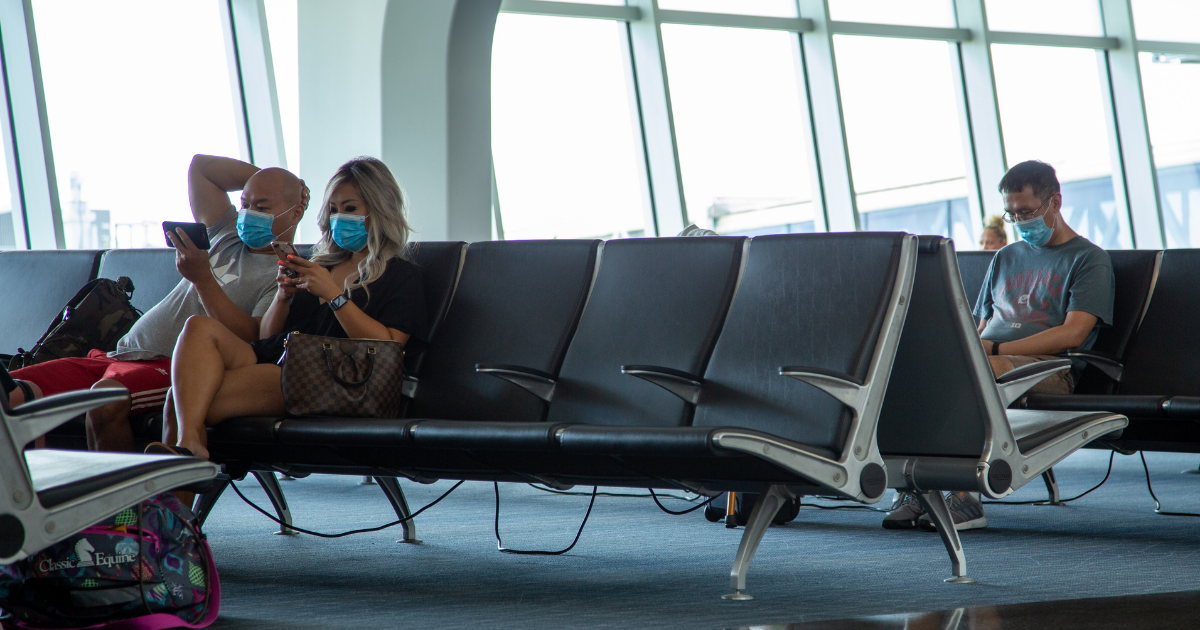Ensuring the health, safety, and security of the traveling public and airport workers is our top priority. Since the very beginning of the pandemic, Wichita Eisenhower National Airport has taken aggressive and proactive steps to limit the spread of COVID-19.
The Harvard T.H. Chan School of Public Health published a new study on February 11 that examined the mitigation strategies implemented by airports to reduce the transmission of COVID-19 in the airport environment. The report covers topics like ventilation, on-airport transit systems, disinfection and cleaning, and more.
As the report acknowledges, a one-sized-fits-all approach at every airport is not possible. As such, our airport and others in the US have implemented risk and science-based measures to combat the spread of COVID-19. This report finds that our multi-layered approach to health and safety “significantly contributes to risk reduction” of COVID-19 transmission in airport settings.
This is the second report the School has conducted with regard to assessing the risks of SARS-CoV-2 transmission during air travel. Phase One studied gate-to-gate travel onboard aircraft. The Finding: This research substantiates that the layered approach of Non-Pharmaceutical Interventions (NPI) instituted on commercial aircraft – effectively diluting and removing pathogens and in combination with face masks – results in a very low risk of SARS-CoV-2 transmission on an aircraft. The onboard ventilation system continuously circulates and refreshes the air supply, filtering out >99% of the particles that cause COVID-19, and rapidly dispersing exhaled air with displacement in the downward direction. This ventilation effectively counters the proximity travelers are subject to during flights.
Both reports can be accessed here: https://npli.sph.harvard.edu/resources-2/aviation-public-health-initiative-aphi/

